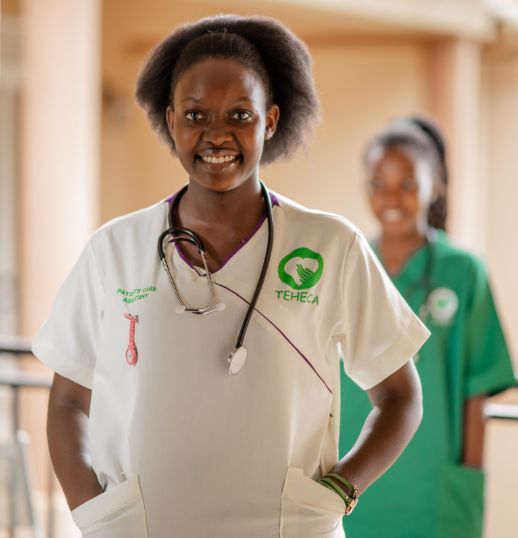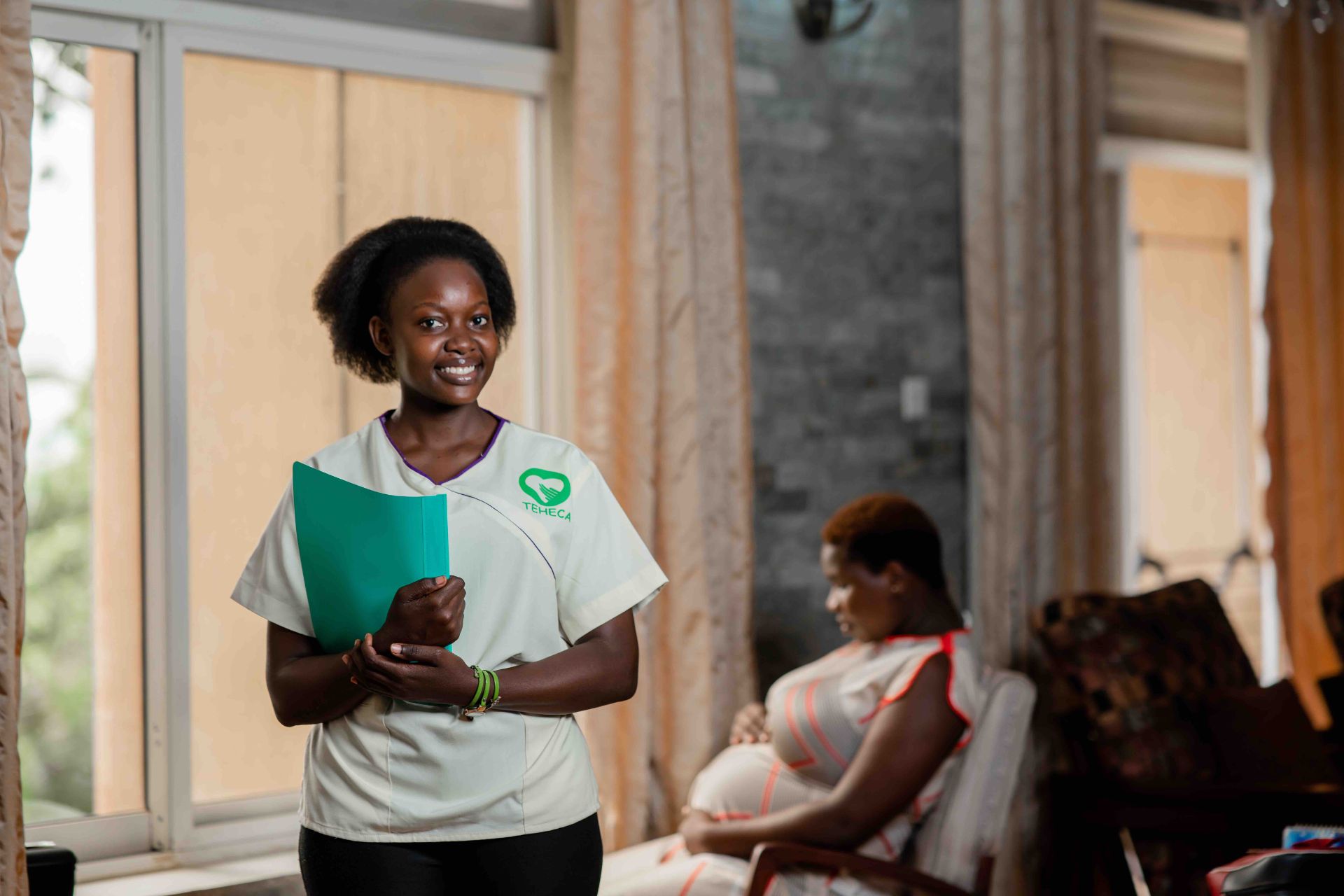Antenatal care is the care you get from health professionals during your pregnancy.
It’s sometimes called pregnancy care or maternity care.
You’ll be offered appointments with a midwife, or sometimes a doctor who specialises in pregnancy and birth (an obstetrician).
You should start your antenatal care as soon as possible once you know you’re pregnant. You can do this by contacting a midwife or GP.

What is antenatal care?
This is the care you receive while you’re pregnant to make sure you and your baby are as well as possible.
The midwife or doctor providing your antenatal care will:
- check the health of you and your baby
- give you useful information to help you have a healthy pregnancy, including advice about healthy eating and exercise
- discuss your options and choices for your care during pregnancy, labour and birth
- answer any questions you may have
All mums-to-be in England are offered:
- 2 pregnancy ultrasound scans at 8 to 14 weeks and 18 to 21 weeks
- antenatal screening tests to find out the chance of your baby having certain conditions, such as Down’s syndrome
- blood tests to check for syphilis, HIV and hepatitis B
- screening for sickle cell and thalassaemia
You may also be offered antenatal classes, including breastfeeding workshops.
RELATED: 10 THINGS TO KNOW ABOUT NEW BORN BABIES
Starting antenatal care

You can book an appointment with your GP or directly with your midwife as soon as you find out you’re pregnant.
Your GP surgery or a Children’s Centre can put you in touch with your nearest midwifery service.
It’s best to see a midwife or GP as early as possible to get the information you need about having a healthy pregnancy.
Some tests, such as screening for sickle cell and thalassaemia, should be done before you’re 10 weeks pregnant.
If you have special health needs, your midwife, GP or obstetrician may take shared responsibility for your maternity care.
This means they’ll all be involved in your care during pregnancy.
Let your midwife know if you have a disability that means you have special requirements for your antenatal appointments or for labour.
How many antenatal appointments will I have?
If you’re expecting your first child, you’ll have up to 10 antenatal appointments.
If you have had a baby before, you’ll have around 7 appointments, but sometimes you may have more – for example, if you develop a medical condition.
Early in your pregnancy, your midwife or doctor will give you written information about how many appointments you’re likely to have and when they’ll happen.
You should have a chance to discuss the schedule of antenatal appointments with them.
If you cannot keep an appointment, let the clinic or midwife know and make another one.
Where will I have my antenatal appointments?
Your appointments can take place at:
- your home
- a Children’s Centre
- a GP surgery
- a hospital
You’ll usually go to the hospital for your pregnancy scans.
Antenatal appointments should take place in a setting where you feel able to discuss sensitive issues, such as domestic violence, sexual abuse, mental illness or drugs.
To make sure you get the best pregnancy care, your midwife will ask you many questions about your and your family’s health, and your preferences.
Your midwife will carry out some checks and tests, some of which will be done periodically throughout your pregnancy, such as urine tests and blood pressure checks.
The results may affect your choices later in pregnancy, so it’s important not to miss them.
Your midwife will also ask about any other social care support you may have or need, such as support from social workers or family liaison officers.
Questions you might be asked
The midwife or doctor might ask about:
- The date of the first day of your last period
- Your health
- Any previous illnesses and operations you have had
- Any previous pregnancies and miscarriages
- The ethnic origins of you and your partner to find out whether your baby may be at risk of certain inherited conditions, or other relevant factors, such as whether your family has a history of twins
- Your job, your partner’s job and what kind of accommodation you live in to see whether your circumstances might affect your pregnancy
- How you’re feeling and whether you have been depressed
Your antenatal appointments are an opportunity to tell your midwife or doctor if you’re in a vulnerable situation or if you need extra support.
This could be because of domestic abuse or violence, sexual abuse or female genital mutilation.
We are organising our first Maternity Wellness Class soon, Are you interested, Share with us your contact and what your ideal class would feel like, what you would love to experience and learn.





Leave a Reply